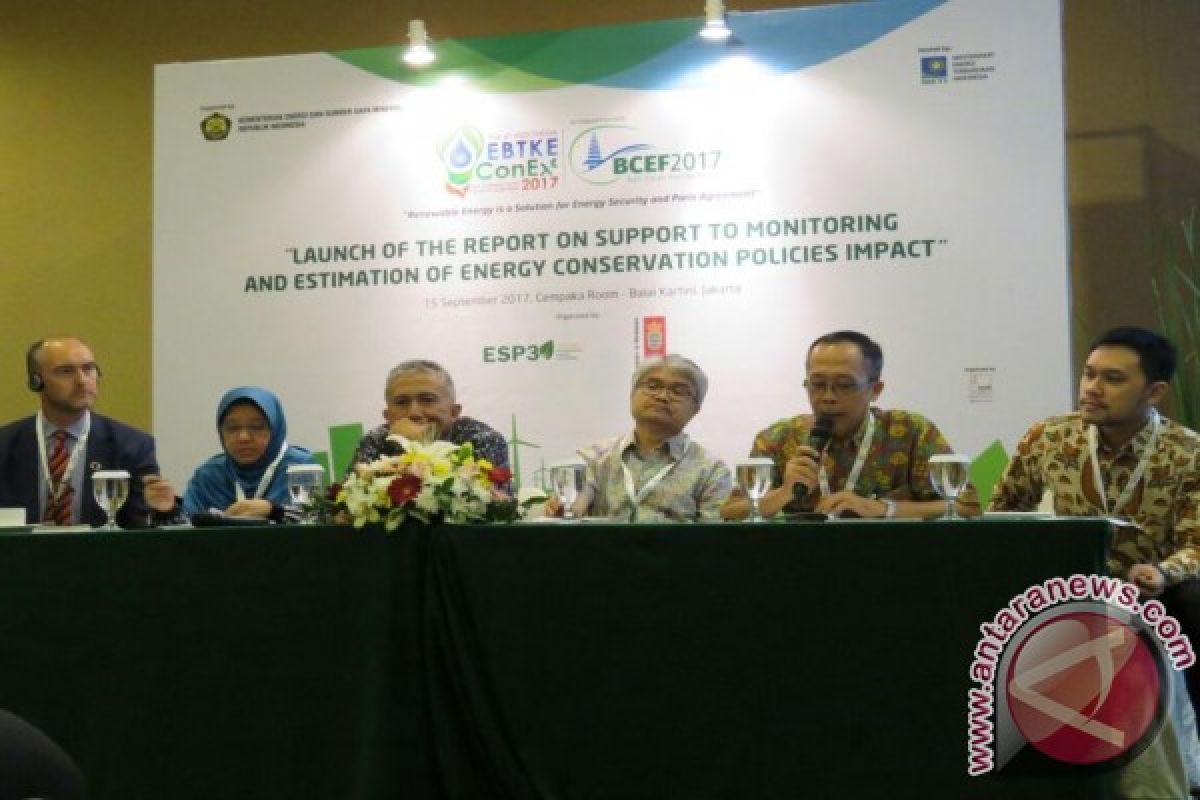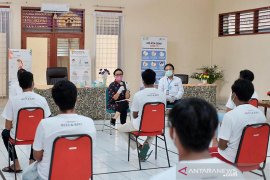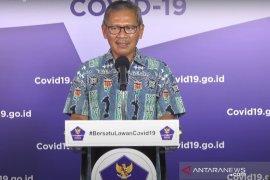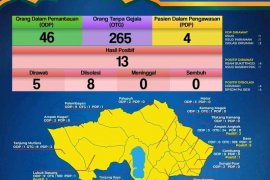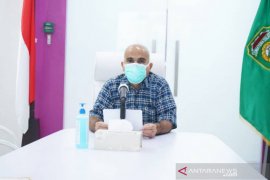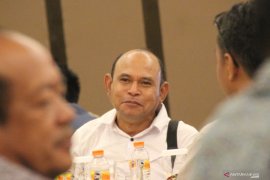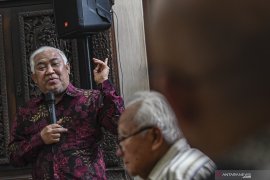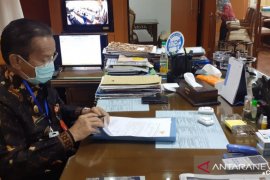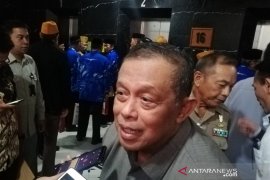In 2007, the Government of Indonesia issued Law No. 30/2007 on Energy. The Law states that national energy management must take energy conservation (EC) into account. Furthermore, the laterly-released Presidential Regulation No. 79/2014 on the National Energy Policy (Kebijakan Energi Nasional, KEN) and the Presidential Regulation No. 22/2017 on the National Energy Masterplan (Rencana Umum Energi Nasional, RUEN) mandate a the reduction in energy intensity by 1 percent annually during the periode of 2015-2025. The RUEN operates with two scenarios,: the Business-as-Usual (BAU) scenario, and the scenario presented in the RUEN. The latter aims for reductions in the final energy consumption in Indonesia by 2025 and 2050 of 17% and 39% respectively, compared to the BAU scenario. Apart from setting the overall goals of 17% and 39% reductions, the RUEN scenario is short on specifics. The contribution/impact of each policy to total energy savings is important for the decision maker when prioritizing policies/actions for each sector.
In order to generate more information on the contribution/impact of Indonesian energy conservation policies on total energy savings, the Danish Embassy in Jakarta through the Environmental Support Program Phase-3 (ESP3), in collaboration with the Directorate General Energy of New, Renewable Energy and Energy Conservation (DJ-EBTKE) of the Ministry of Energy and Mineral Resources (ESDM) and the Danish Energy Agency (DEA), has funded a study by the Indonesian Institute of Energy Economics (IIEE), titled "Support to Monitoring and Estimation of Energy Conservation Policies Impact". The objective of the study has been to understand and quantify the impacts of each energy conservation program and/or action within the sectors of household, building, industry, and transportation.
Kurt Moerck Jensen, the Head of Development from the Royal Danish Embassy in Jakarta, says: "ESP3 has supported energy efficiency and conservation in Indonesia since 2013, and a number of studies carried out through ESP3 have contributed to improving energy efficiency and conservation measures and policies. This study aims to identify potential future policies and to quantify the impacts of both existing and future policies. The study finds that policy measures for the household sector such as the more-efficient cook stoves and the Minimum Energy Performance Standards for Air Condition units are low-hanging fruits that can be applied by the Government of Indonesia to achieve the target of a 17% reduction in the energy consumption by 2025, compared to the Business as Usual scenario. Furthermore, focusing on more stringent policies in the industry and transportation sectors will help Indonesia in the longer term."
Ida Nuryatin, Director of Energy Conservation of the DJ-EBTKE says: "The results of this study will serve as the basis for the preparation of the National Energy Conservation Master Plan (RIKEN) and be a reference for the Directorate of Energy Conservation and all stakeholders in determining priorities for the formulation of future energy conservation programs. The preparation of RIKEN is a follow-up action after the National Energy Master Plan (RUEN) is issued, as mandated by the Government Regulation No.70 Year 2009 on Energy Conservation. RIKEN contains at least the targets, the key policies, programs, and energy conservation measures. RIKEN is a the guidelines and roadmap, which will be our common reference in implementing energy conservation programs in the future."
Cecilya Malik, IIEE senior expert says: "In order to optimize the efforts to achieve the RUEN target, in the short term (2025), the Government of Indonesia (GOI) should focus on energy conservation policies for the household sector and energy management within the industrial sector, as these are generally considered low-cost policies. In the longer term (2050), the GOI should focus on energy policies for the transportation and industry sectors such as fuel standard improvements and energy efficiency improvements for industrial boilers".
The launch of the results of the Danish-funded IIEE study on September 15, 2017 is organised by DJ-EBTKE and the ESP3. The event will comprise addresses from the Royal Danish Embassy in Jakarta, DJ-EBTKE, and presentations by relevant experts. It will also feature a panel discussion with representatives from important sector stakeholders.
Reporter: PR Wire
Editor: PR Wire
Copyright © ANTARA 2017
